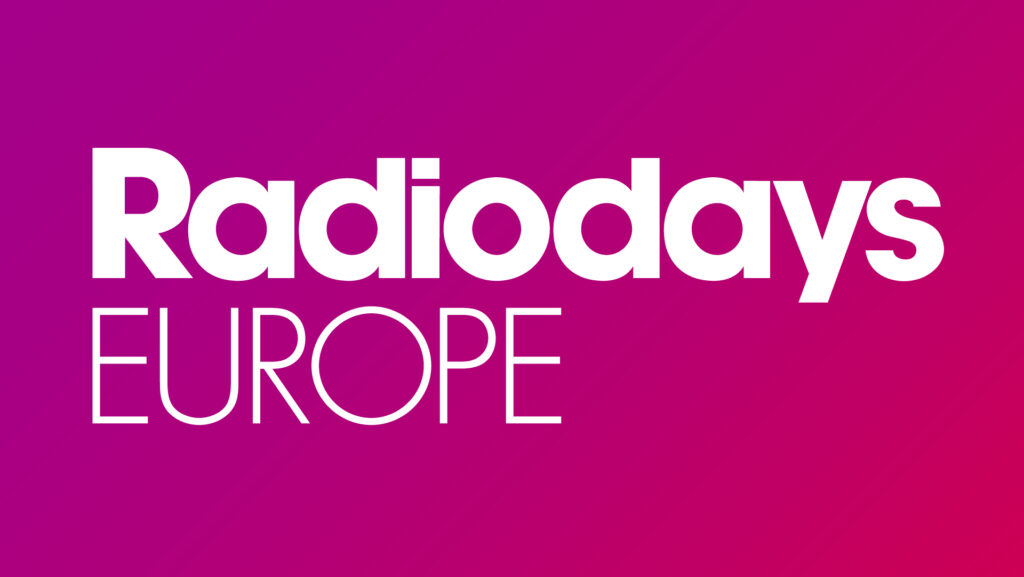Who else but the audience should decide on what good radio is? As it turns out more often than not it is local productions that are appreciated very much by the audience. Three “case studies” present how local radio can survive and provide quality content with national impact.
Hedvig Nilsson’s message is already reflected in Swede P4’s company motto “more voices and more powerful stories for greater understanding”. In Sweden, national media is structurally very Stockholm-centred, but with 80% of people living outside the capitol area, this often fails to represent the daily experience of the majority. By localizing and decentralizing unheard voices from all over the country can be Maker heard and, as numbers back up, people want to hear these stories.
Flavia Voinea from Radio Romania presents how their Programme Romania 10x helped synthesize local elements to create an enhanced national programme. Their recipe for success is to include local news with national relevancy, integrating local celebrities, which binds local audiences and succeeds in representing the cultural diversity and richness of the country by representing the locality nationally. What is important for successfully scaling up regionality, says Flavia Voinea, is measuring audience data for all regions and deciding upon that how much local representation is necessary, doing what is best for the network and not for one station and constantly integrating interactive elements.
As a local station, when bigger competitors enter their local market their incentive programs cannot keep up with the massive prices that the expanding big players can. So what could a smaller station do to keep up? Markus Knoll, CEO of the radio house Ortenau, in Germany’s black forest, found a solution to this unequal competition: the establishment of a bonus point system for active listeners that can be used in affiliated stores. These bonus points are directly bound to advertisement opportunities for these affiliated partners enabling a circle of financial funds. This successfully helped Knoll to retain his audience, while simultaneously increasing the voluntarily provided data of their active audience, enabling the station to enhance their programme.



